On January 6, 2021, there was an attack on the United States Capitol by an armed white supremacist mob, determined to block the democratic process.
Contrary to the pundits who said, “This is not who we are,” January 6th was a snapshot of a larger pattern in U.S. history. Again and again, advancements in the freedom of Black people are met with white violence and an upsurge in white supremacist organizing. The news media often look to other countries for comparable examples of attempted coups. More instructive would be the overthrow of the Reconstruction era government in Wilmington, North Carolina.
Hakeem Jefferson and Victor Ray note that “the racial reckoning of this moment is one characterized by white backlash to a perceived loss of power and status. Those who gathered in Washington, D.C., had ‘not simply come in defense of Donald Trump. They [came] in defense of white supremacy.’”
Reconstruction
Reconstruction is a critical example of this racial reckoning.
Too often state standards and textbooks refer to Reconstuction as a “failure.” That does little to prepare students to make sense of current events. Instead, we recommend that students be taught about Reconstruction as a period of multiracial, democratic possibility undone — though not completely — by white supremacist terror.
Through the Teach Reconstruction campaign, we offer lessons, a student project to make Reconstruction history visible in their communities, recommended teaching guides, student-friendly books, primary document collections, and films.
Voting Rights
Lessons on the January 6th insurrection should include the events in Georgia the day before — when two new Democratic lawmakers from Georgia were elected to the U.S. Senate, one of whom became only the 11th African American senator in U.S. history.
This victory was won through the tireless, smart, and creative organizing of voting rights activists, led by Black women like Stacey Abrams, Deborah Scott, Felicia Davis, Helen Butler, Nse Ufot, and countless others in organizations such as the New Georgia Project, Black Voters Matter, Fair Fight, Mijente, and more.
The chair of the Select Committee to Investigate the January 6th Attack on the United States Capitol, Rep. Bennie Thompson, has his own history in the voting rights struggle. He was active in voter registration efforts in Mississippi with the Student Nonviolent Coordinating Committee and he faced multiple efforts to block his political career.
To teach students about grassroots organizing for voting rights, we offer Teaching SNCC: The Organization at the Heart of the Civil Rights Revolution, a series of role plays that explore the history and evolution of the Student Nonviolent Coordinating Committee, including freedom rides and voter registration, and Who Gets to Vote? Teaching About the Struggle for Voting Rights in the United States, a unit with three lessons on voting rights.
It is also important to examine massacres in U.S. history, which were often designed to suppress the political power of African Americans. Study the history of the Wilmington, Hamburg, Colfax, and Ocoee Massacres and many more.
Reparations
After the Civil War, elites devoted themselves to bringing traitorous Confederates back into the fold rather than delivering reparations for African Americans who had suffered 250 years of unspeakable abuse — and theft.
Teach students about the long movement for reparations, in the United States and elsewhere, to help them reflect on what a path toward justice might look like today.
In Repair: Students Design a Reparations Bill, students take on the role of activist-experts to improve upon a Congressional bill for reparations for Black people. In How to Make Amends: A Lesson on Reparations, students meet dozens of advocates and recipients of reparations from a variety of historical eras to grapple with the possibility of reparations now and in the future.
These are just a few of the issues related to the insurrection at the Capitol. Check out additional lessons below and throughout this website on white supremacy, terrorism, the media, voting rights, and more.

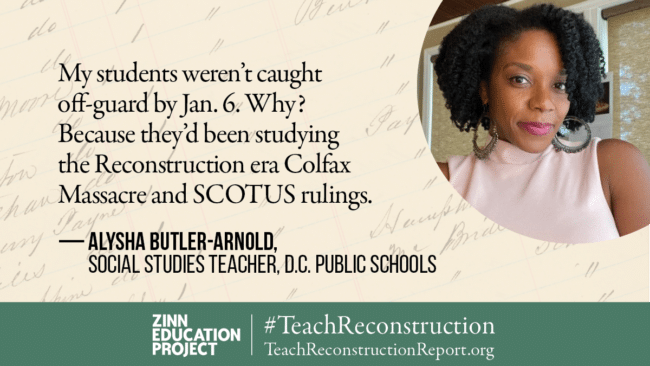
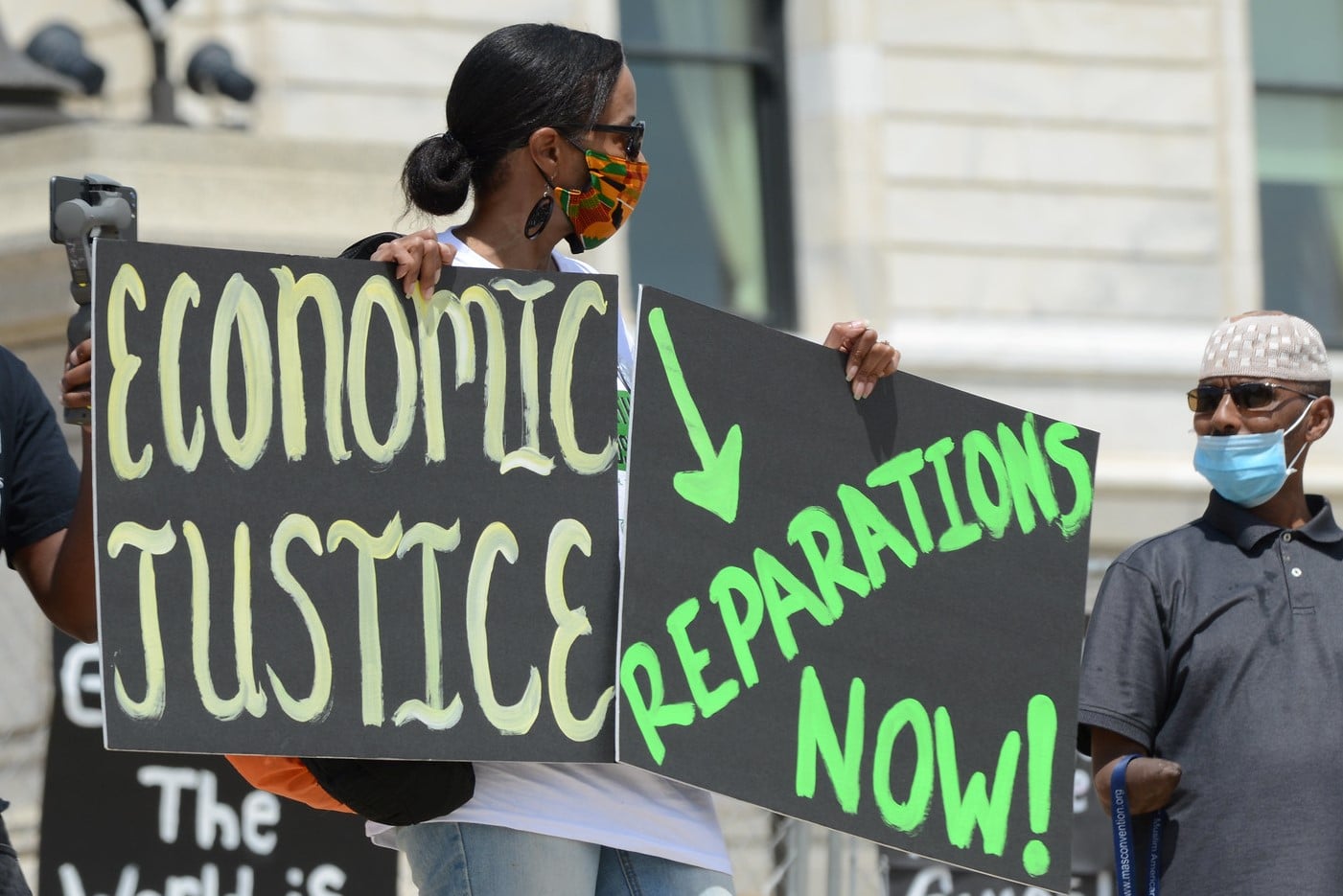
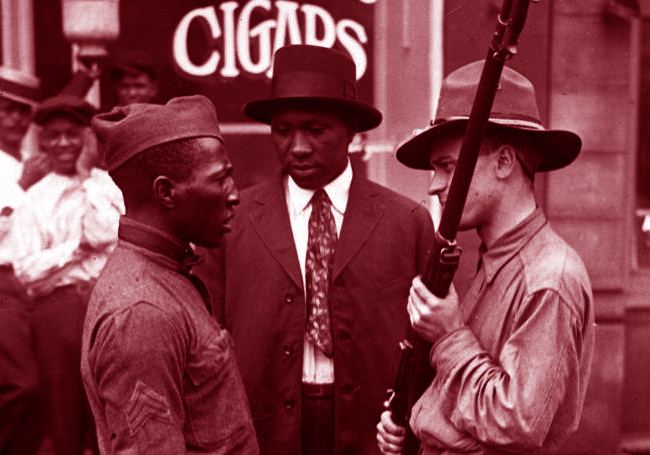
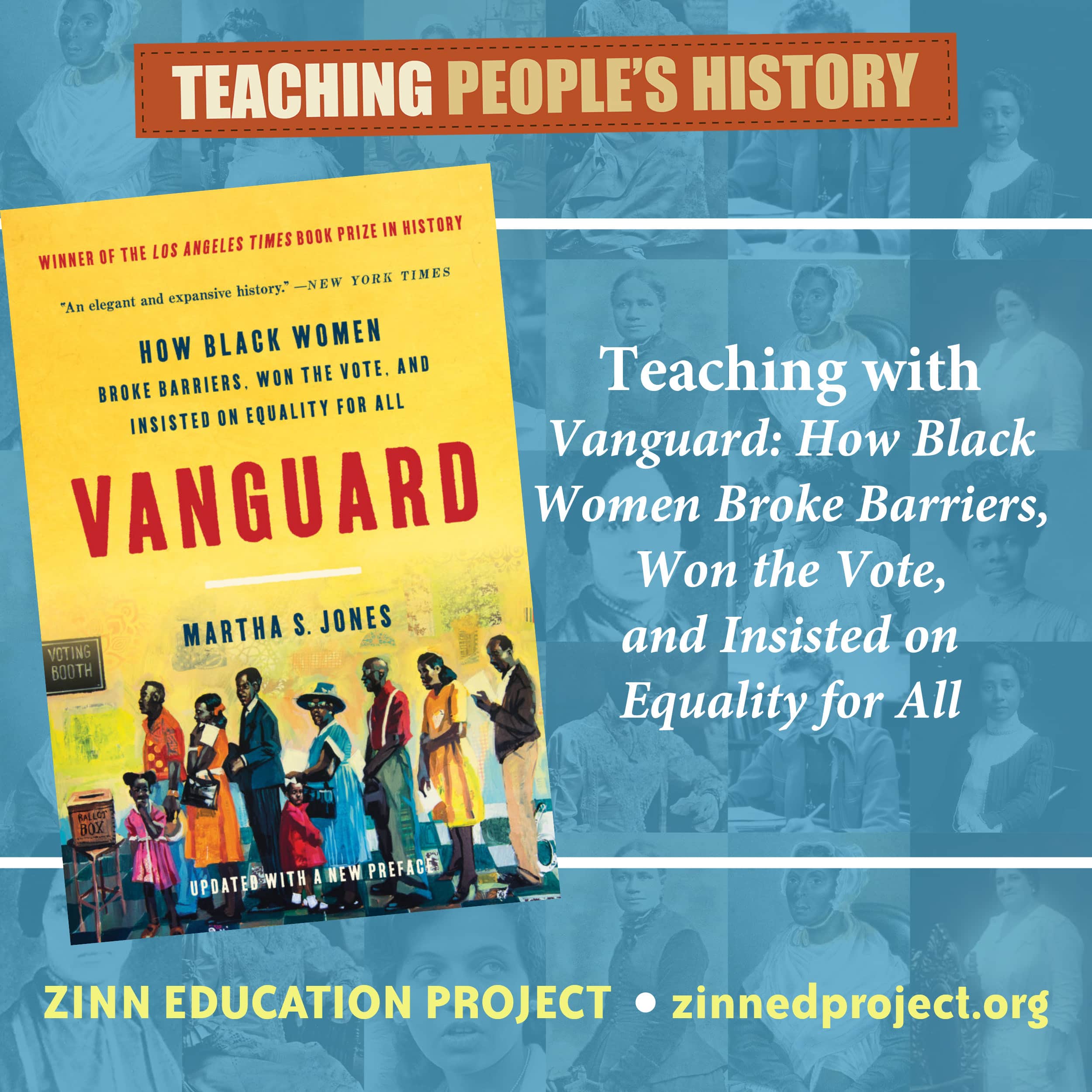
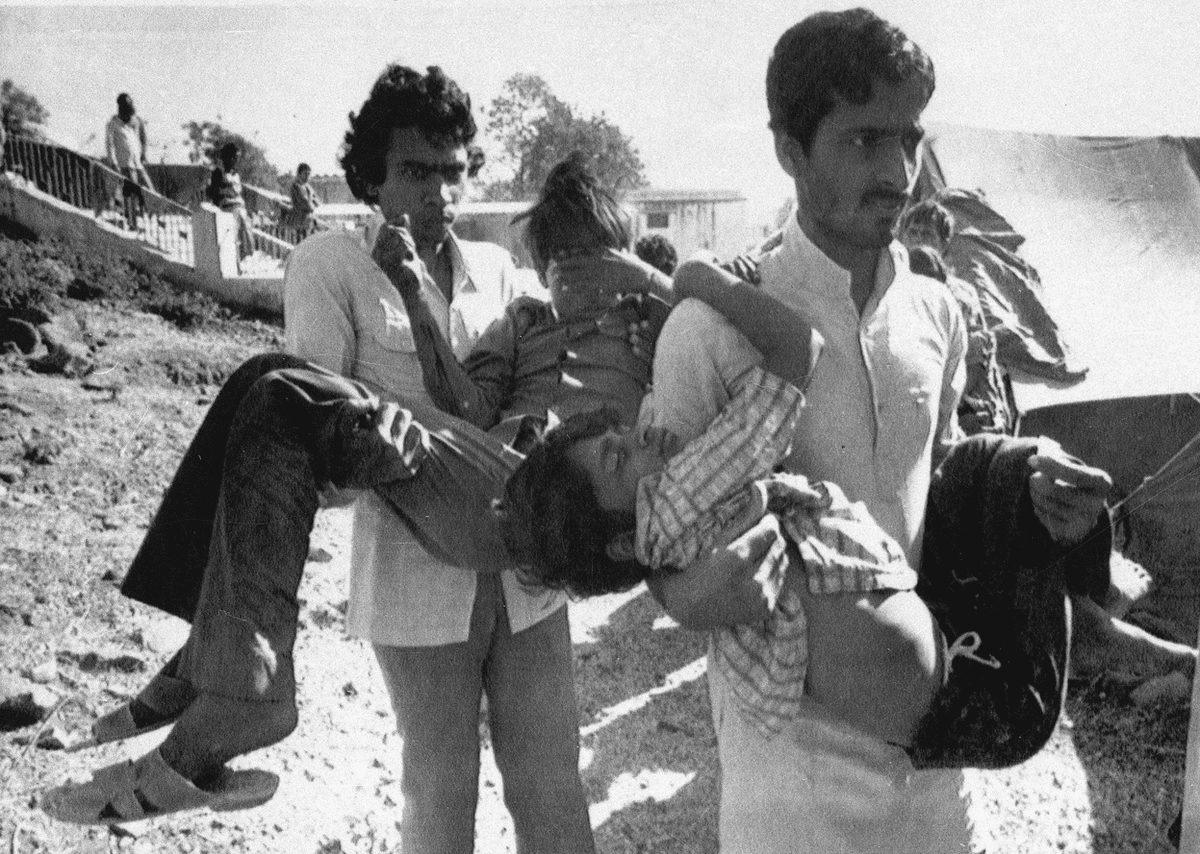
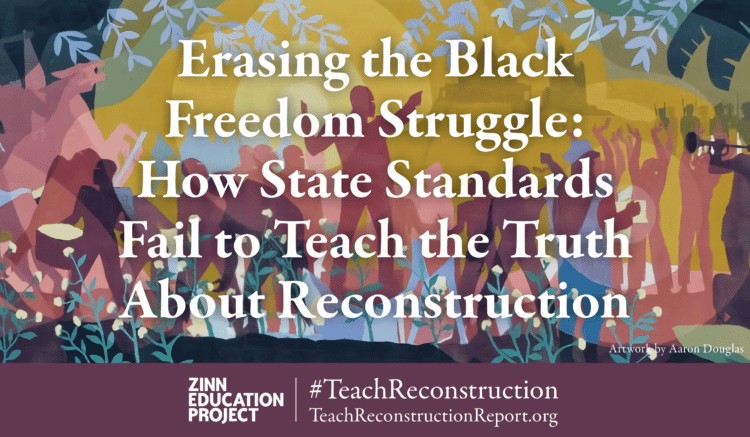

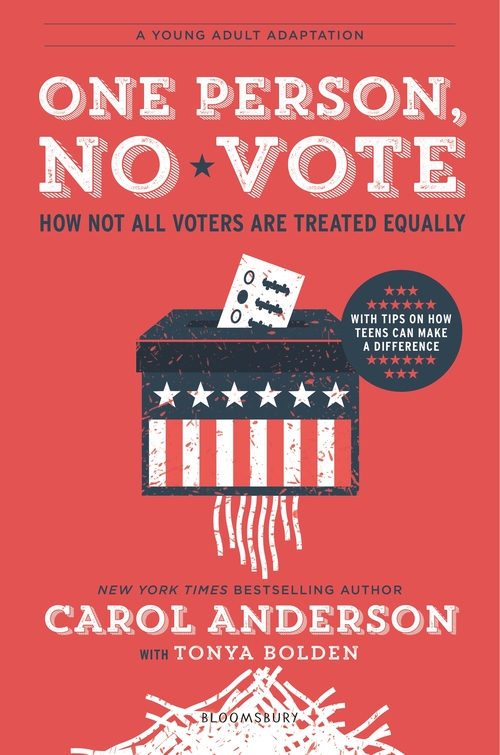
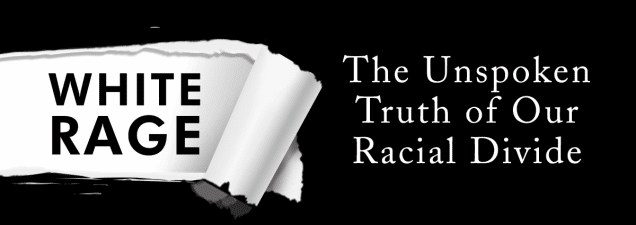
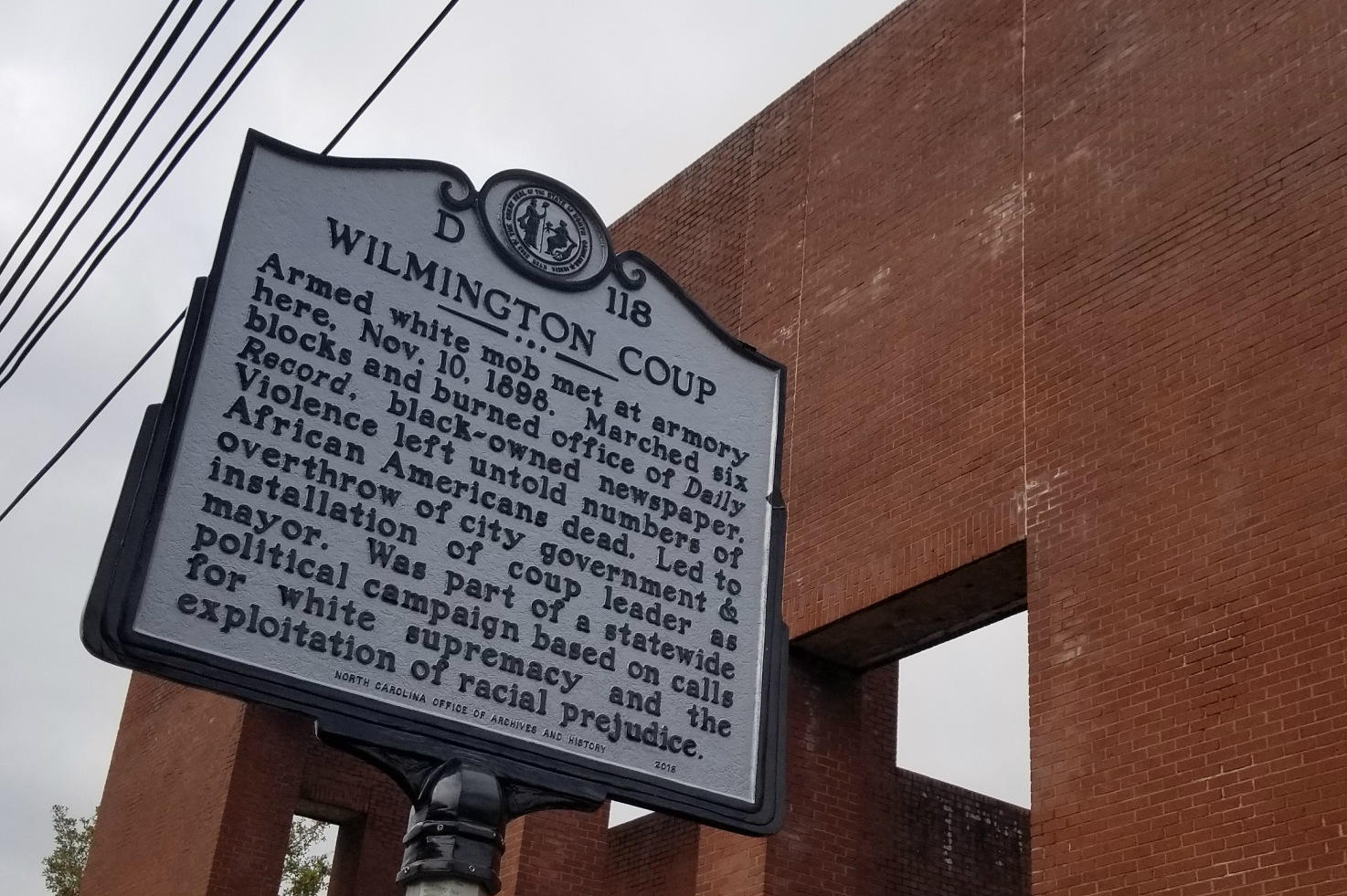
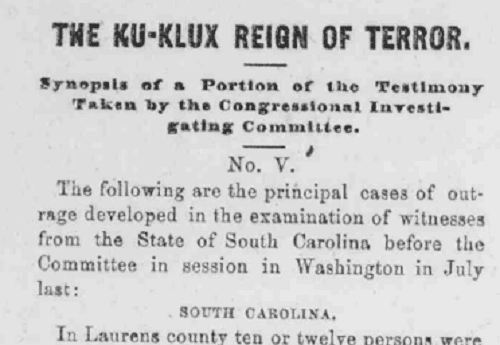





Twitter
Google plus
LinkedIn